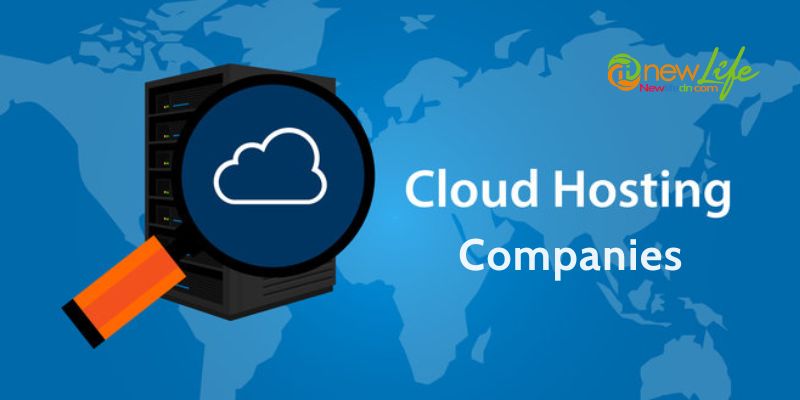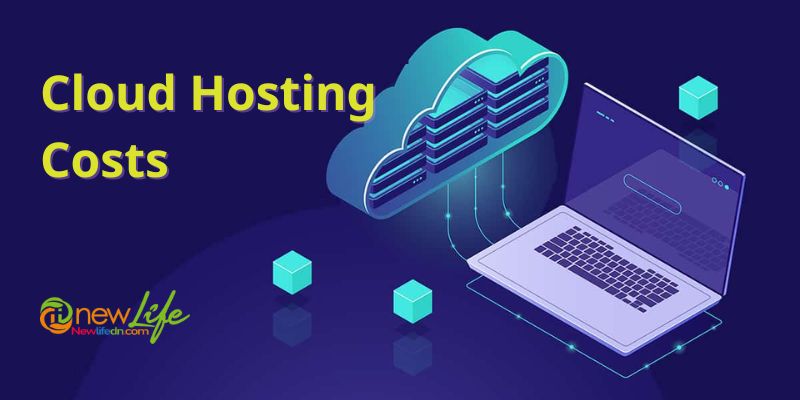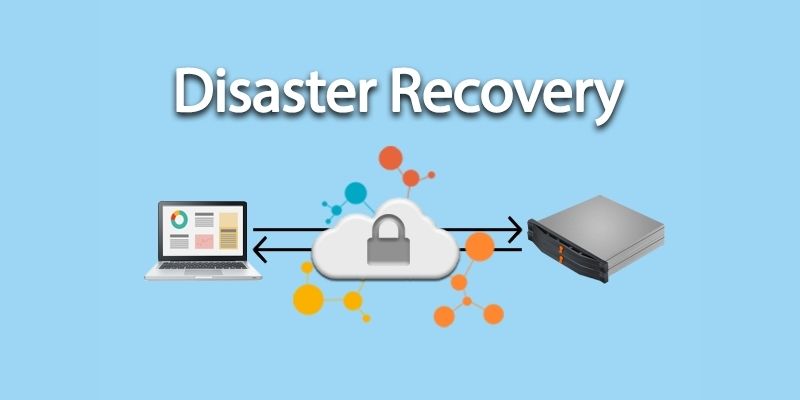Organizations of all sizes are able to reinvent their businesses and move more quickly by switching to the benefits of cloud computing. The transition to the cloud has drastically altered the way we work, interact, and communicate; it is now a need to compete in the current digital economy.
If you’re considering switching to cloud-based services and solutions, it’s essential to comprehend the fundamental advantages of cloud computing, how it may accelerate your digital transformation, as well as its advantages and disadvantages.
newlifedn.com will define benefits of cloud computing, outline its primary benefits and drawbacks, and explain why migrating to cloud services is a good idea.
Contents
What is cloud computing?

A network (often the internet) is used to supply on-demand computing resources, such as hardware, storage, databases, networking, and software, to both corporations and individuals. This process is known as cloud computing. Organizations can access and store information via benefits of cloud computing without having to manage their own physical devices or IT infrastructure.
It has become more challenging for organizations to continue running their operations on in-house computing servers as the amount of data being generated and shared increases and customers expect more access to online services.
Similar to how you can check your email online through a web browser, cloud computing enables organizations to access and manage resources and applications wherever there is an internet connection. Additionally, as benefits of cloud computing are frequently managed and maintained by a third-party service provider, IT teams can quickly alter compute and storage without incurring up-front infrastructure expenditures or having to set up and maintain additional systems and applications.
Depending on the degree of flexibility, control, and management you require, you can select between public, private, or hybrid benefits of cloud computing deployments and the service model. The following are the three primary kinds of cloud service models:
Infrastructure as a Service (IaaS): On-demand access to networking, virtualization, storage, and computing
Platform as a Service (PaaS) refers to the hardware and software resources required for the creation of cloud applications.
Full application stack as a cloud service, including upkeep and management from base infrastructure to application software, is known as software as a service (SaaS).
Benefits of Cloud Computing

Faster time to market
Quick deployments allow developers to complete their work more quickly because fresh instances may be spun up or shut down in a couple of seconds. Benefits of cloud computing encourage new advancements by making it possible to test new ideas and develop new applications without being bound by hardware or having to wait through drawn-out procurement processes.
Scalability and flexibility
Your company will have more freedom thanks to benefits of cloud computing. Without spending money on physical infrastructure, you may easily expand resources and storage up to match business demands. Businesses do not need to buy or construct the infrastructure needed to support their maximum load levels. Similarly, if resources aren’t being used, they might reduce spending right away.
Cost savings
You only pay for the resources you really utilize, regardless of the benefits of cloud computing model you select. This helps you avoid overspending on the building and equipment of your data center and frees up your IT teams’ valuable time to focus on more vital responsibilities.
Better collaboration
You can make data accessible whenever you need it, wherever you are, thanks to benefits of cloud computing. People are not limited to a specific location or device because they can access data from anywhere in the globe using any device as long as they have an internet connection.
Advanced security
Contrary to what many people believe, the depth and breadth of security features, automatic maintenance, and centralized management of benefits of cloud computing can actually increase your security posture.
Reputable cloud providers also work with the best security professionals and use cutting-edge techniques to ensure stronger security.
Data loss prevention
Tools for backup and disaster recovery are offered by cloud service providers. By keeping data on the cloud rather than locally, data loss can be prevented in the event of an emergency, such as hardware failure, malicious assaults, or even a simple user error.
Limitations of cloud computing

Of course, cloud computing has advantages and disadvantages, just like any other technology.
For instance, the fact that cloud computing requires an internet connection is one of its most frequent disadvantages. In conventional computing, accessing data from servers or storage devices requires a hardwired connection. A poor connection could prevent you from using cloud computing to access the data or programs you require.
Even the best cloud service providers can have outages brought on by natural disasters or performance issues brought on by unforeseen technological problems that might affect connectivity. Cloud services can be prohibited from you until the issue is fixed.
The following are other drawbacks of cloud computing:
- Concerns include security risks such data privacy and internet threats,
- Vendor lock-in,
- Less control over the underlying cloud infrastructure,
- Integration difficulties with existing systems,
- Unanticipated costs and expenses
The good news is that you can fix the majority of these issues by carefully examining cloud service providers and their service models. Many of the issues that arise during cloud migration are the result of a lack of knowledge about the services offered by providers, their fee schedules, and the security operations that are still the responsibility of the client. Additionally, deciding on an open cloud platform might provide you more freedom and flexibility to construct and operate where you need while allowing for easy service integration.
Why switch to cloud computing?
It is obvious at this time that the benefits exceed the drawbacks. Instead of arguing whether to migrate to the cloud, most companies these days are debating what to migrate. The cloud offers greater adaptability and dependability, enhanced performance and efficiency, lower IT costs, and all of these benefits. It also fosters innovation, allowing companies to shorten time to market and incorporate use cases for AI and machine learning.
These basic benefits can also be translated into various associated benefits that can support remote workers, increase productivity, and enhance operational effectiveness. Additionally, it’s crucial to keep in mind that starting your own cloud journey doesn’t have to be an all-or-nothing proposition. For instance, many companies are discovering that using a hybrid strategy can assist increase the capacity and capabilities of current infrastructure while allowing them to continue working in the setting that is most beneficial to their overall operations.






